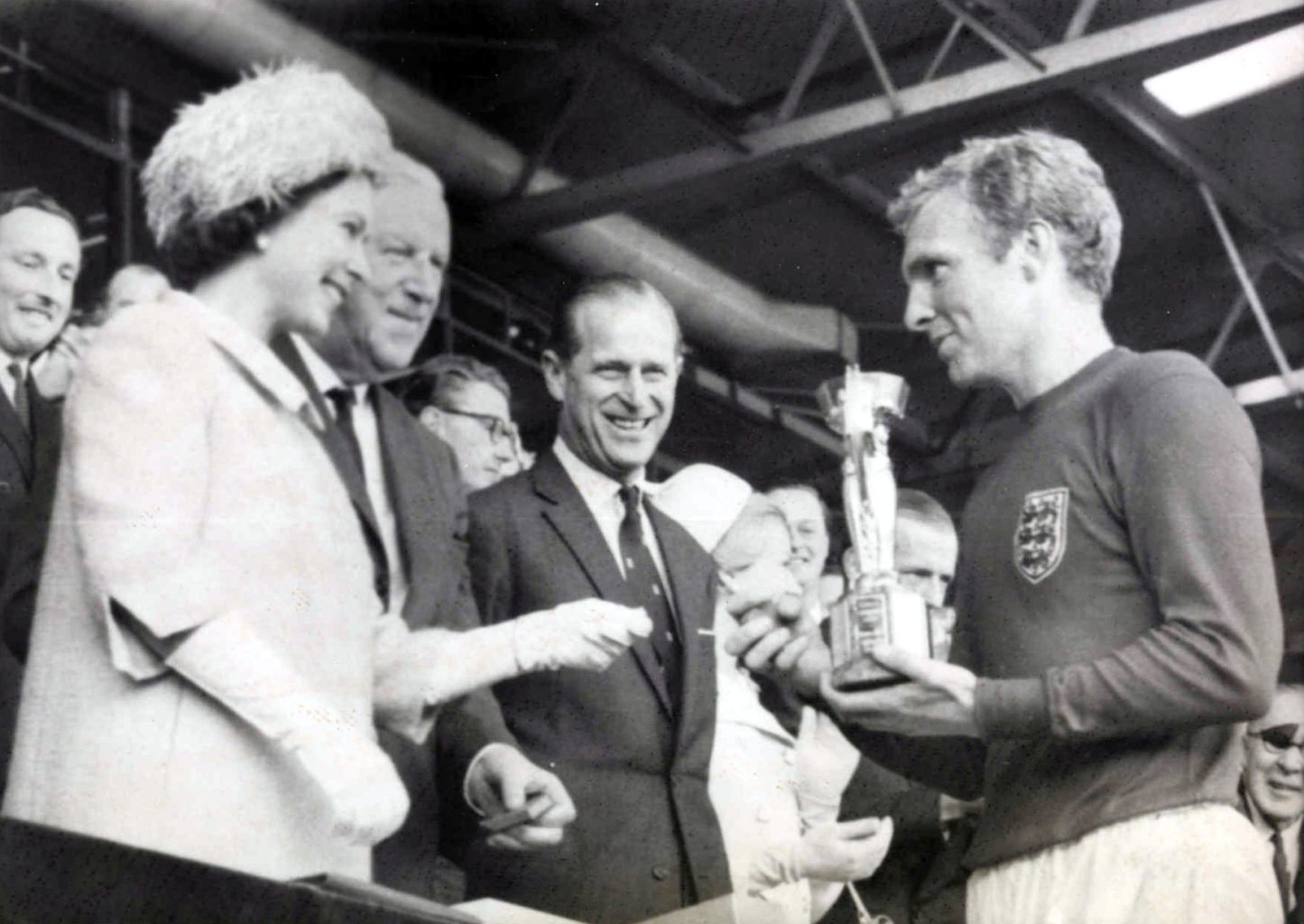If you want England to win the 2018 World Cup…Vote Labour?
A week before the General Election of 1970, incumbent Labour Prime Minister Harold Wilson was riding high in national opinion polls. His opposite number, Ted Heath, was not considered a charismatic figure nor a convincing alternative, and his campaign was largely perceived as drab and ineffectual. So why was it the latter that found himself walking into Number Ten after June 18? There had been no great political scandals, no dramatic policy shift – to all onlookers, only one thing had changed. England had been knocked out of the World Cup.
It’s easy to see those two events as completely unconnected. After all, as Gerd Müller volleyed in the winner in León, I’m sure many more expletives were directed at Alf Ramsey (who had substituted Bobby Charlton with England 2-1 up) than Harold Wilson. But nevertheless, a nation captivated by watching the defending champions in colour for the first time at a World Cup felt a loss of national pride and cheer, that potentially they expressed at the ballot box. It begs the question, could the England football team really affect the outcome of an election? And, if we want Gareth Southgate to be dancing in the streets of Moscow next summer, should we be backing Corbyn or May?
Now, to truly answer this, one would have to go through every World Cup and European Championship performance, rate them, and correlate them with the party in power – which would require a great deal of free time and a generally sad existence. So, I’ve done just that – and not without some interesting findings.
When England perform average or better at the World Cup, the electorate votes to keep the same party in power at the next available opportunity a staggering 78% of the time
Rating each performance at a tournament (or non-qualification) from ‘very bad’ to ‘excellent’, there are some patterns regarding politics. Crucially, when England perform average or better at the World Cup, the electorate votes to keep the same party in power at the next available opportunity a staggering 78% of the time. Conversely, when England perform poorly or worse at a World Cup (or do not qualify), the electorate votes out the party in power at the time at the next election a remarkably different 67% of the time.
Moreover, England generally performs well above the norm at the World Cup in periods of long political consistency. For instance, in ’82, ’86 and ’90, and ’98, ’02 and ’06 (when the Prime Minister was the same throughout – Thatcher and Blair respectively) all showings were average or above, pretty much the only instances when England were consistently OK on the world’s biggest stage. On the other hand, when politics and society were tumultuous and fragmented in the mid-to-late 70’s, England failed to qualify for both the 1974 and 1978 World Cup.
Political success generally goes hand in hand with footballing success, that much is inescapable
It’s hard to get beyond something of a ‘chicken and egg’ scenario here. I think it is logically possible that the England team could be either a reflection or the cause of an unhappy, divided and restricted society. In any case, political success generally goes hand in hand with footballing success, that much is inescapable. Political continuity may also allow for continuity of sporting, education, health and environmental policy too, rather than counter-productive chopping and changing.
On the issue of parties, including the Euros, the difference is less stark, but still noticeable. When Labour is in power at major championships, England perform average or better 58% of the time. When the Conservatives are in power at major championships (or unsuccessful qualification periods), England perform average or better just 37% of the time. Once again, it’s hard to categorically prove that the reason for this goes beyond coincidence; but the notion that a successful football team be tied to a more expansive welfare state is a long one, stretching as far back as Uruguay’s World Cup success in the 1930’s. More nebulous ties could also be sought in respect of available green spaces, embrace of traditionally working class culture and general happiness and freedom of expression.
So, if you’re not a policy wonk but you know your football the choice is something of a dilemma. You can go for the stable route and cross your fingers that twelve years of Tory government will eventually see us reach a Semi Final, or plump with Jezza because of Labour’s historical advantage. Either way, history tells us that, if nothing else, the England football team might actually be alright for a bit.

Comments